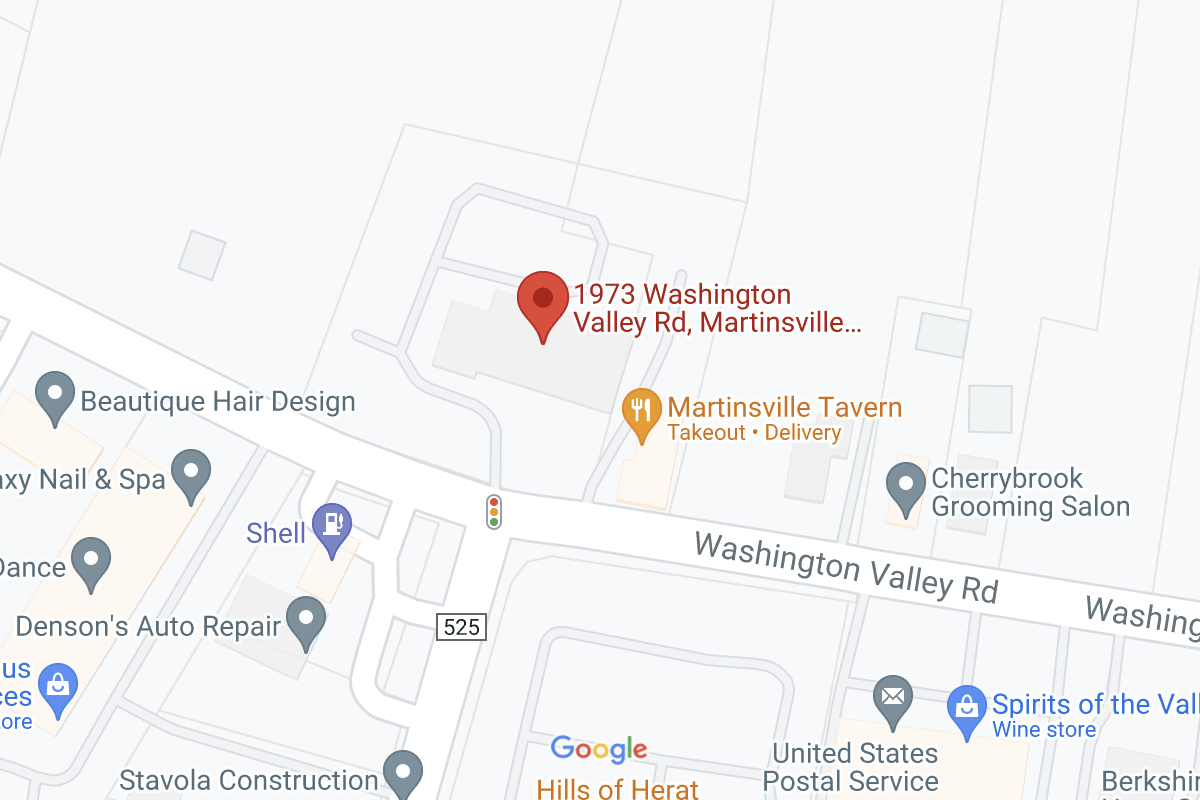Given the threat of COVID-19, seniors today may be considering their extended care alternatives with extra caution.1
In addition to health factors, the cost can be an issue. According to Genworth’s 2020 Cost of Care Survey, the median annual cost of a semi-private room in a nursing home is now $90,000. A single-occupancy room may cost over $100,000 a year.1
While you could designate a portion of your retirement savings for possible extended care costs, there are other choices to consider as well.1
Many extended care insurance policies now reimburse the cost of eldercare provided at home. While traditional extended care policies are becoming rare and more expensive, some insurers are bundling extended care features into other policies, with the goal of making such coverage more accessible. A look at different policies may be beneficial.2
Another possible option – a Health Savings Account (HSA). This is a tax-advantaged savings account designed to help pay for medical expenses. You are eligible to have an HSA if you have a qualifying high-deductible health plan (HDHP) and have not yet enrolled in Medicare.3,4
HSA dollars can be used to pay for assorted medical expenses, including prescription drugs, dental care, and therapies. HSA funds can also be applied to premiums for extended care insurance. You defer pre-tax income into your HSA, which may be invested for you over time. There are annual HSA contribution limits. In 2020, they are $3,550 if you are single, $7,100 if you have a spouse or family. An additional annual “catch-up” contribution of up to $1,000 is allowed for each person in the household over age 55.3,4
Money taken out of an HSA for a nonmedical reason is considered taxable income. If you make such a withdrawal before you turn 65, the withdrawn amount is usually subject to a 20% federal tax penalty.4
Medicare may not suffice if you need extended care. Generally speaking, it will pay for no more than 35 hours a week of home health care and only up to 100 days of nursing home care after a hospitalization. It may pay for up to six months of hospice care. If you or someone you love has dementia and needs to move into an assisted living facility, Medicare may not pay their room and board.5
Medicaid is different: in some instances, it can pay for certain extended care expenses. Qualifying for Medicaid is the hard part. It is public assistance, offered to people who can no longer pay for extended care with insurance or their own funds.5
Think ahead and take some time to explore extended care options. As always, feel free to reach out to us as you consider which strategies may help you meet this challenge.
This material was prepared by MarketingPro, Inc., and does not necessarily represent the views of the presenting party, nor their affiliates. This information has been derived from sources believed to be accurate. Please note – investing involves risk, and past performance is no guarantee of future results. The publisher is not engaged in rendering legal, accounting or other professional services. If assistance is needed, the reader is advised to engage the services of a competent professional. This information should not be construed as investment, tax or legal advice and may not be relied on for the purpose of avoiding any Federal tax penalty. This is neither a solicitation nor recommendation to purchase or sell any investment or insurance product or service, and should not be relied upon as such. All indices are unmanaged and are not illustrative of any particular investment.
Citations
1 – Genworth, March 30, 2020
2 – Nerdwallet, May 28, 2019
3 – CNBC.com, February 4, 2020
4 – Investors.com, November 8, 2019
5 – Medicare.gov, July 2019




